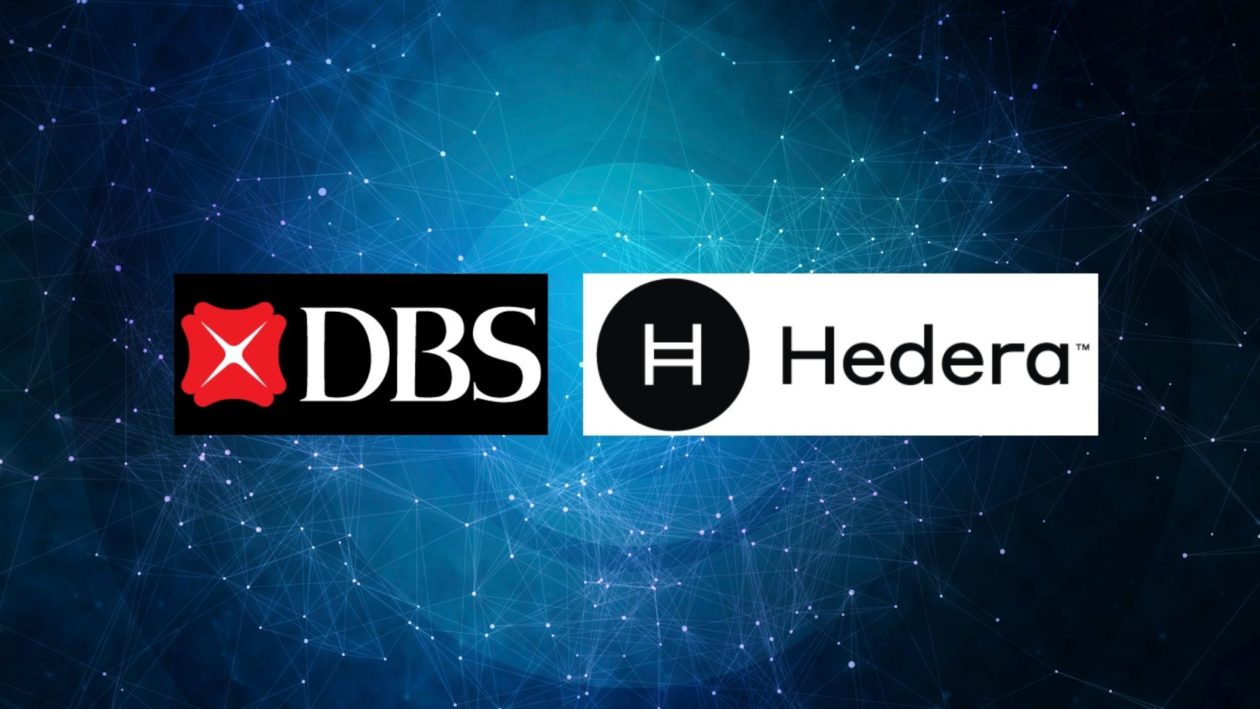Singapore’s DBS Bank — Southeast Asia’s largest lender — has joined the Hedera Governing Council, a diverse group of companies that governs and supports the Hedera network, an enterprise-grade public ledger of transactions, according to a media statement.
Fast facts
- DBS — the first and only bank in Southeast Asia to join the Governing Council — will run a network node and explore use cases to leverage blockchain and distributed ledger technologies (DLT) for banking.
- Unlike a traditional blockchain such as Bitcoin that utilizes a proof-of-work consensus, Hedera Hashgraph uses a hashgraph consensus to enable fast and secure transactions.
- The Hedera Governing Council currently comprises close to 40 members, including corporate, non-profit and academic heavyweights such as Boeing, Google, IBM and the London School of Economics and Political Science (LSE). According to the Hedera website, all members have a three-year maximum term, with up to two consecutive terms, and an equal vote on network and platform decisions.
- “We have been leveraging emerging technologies to reshape the future of banking and have in recent months brought to market a number of innovative offerings powered by blockchain to help our clients seize opportunities in the new normal,” said Jimmy Ng, DBS group chief information officer and head of technology & operations, in a statement. “We look forward to joining our peers on the Hedera Governing Council in exploring further use cases that bring tangible benefits to our stakeholders.”
- DBS Bank has been actively leveraging blockchain for its operations and product offerings. Last December, DBS launched its DBS Digital Exchange, which offers cryptocurrency trading, custody and tokenization services. Earlier this month, DBS Vickers (DBSV), the brokerage arm of DBS Bank, was granted a license by the Monetary Authority of Singapore (MAS) to provide digital payment token services under the country’s Payment Services Act (PS Act).
- In May, DBS, Singapore Exchange, Standard Chartered Bank and Singapore state-owned investment firm Temasek announced they were partnering to develop Climate Impact X, a carbon exchange and marketplace, to provide companies with high-quality carbon credits. Climate Impact X will use satellite monitoring, machine learning and blockchain technology to enhance the transparency, integrity and quality of carbon credits.
See related article: Mance Harmon on Why Hashgraph is a Better Alternative to Blockchain (Part I)





